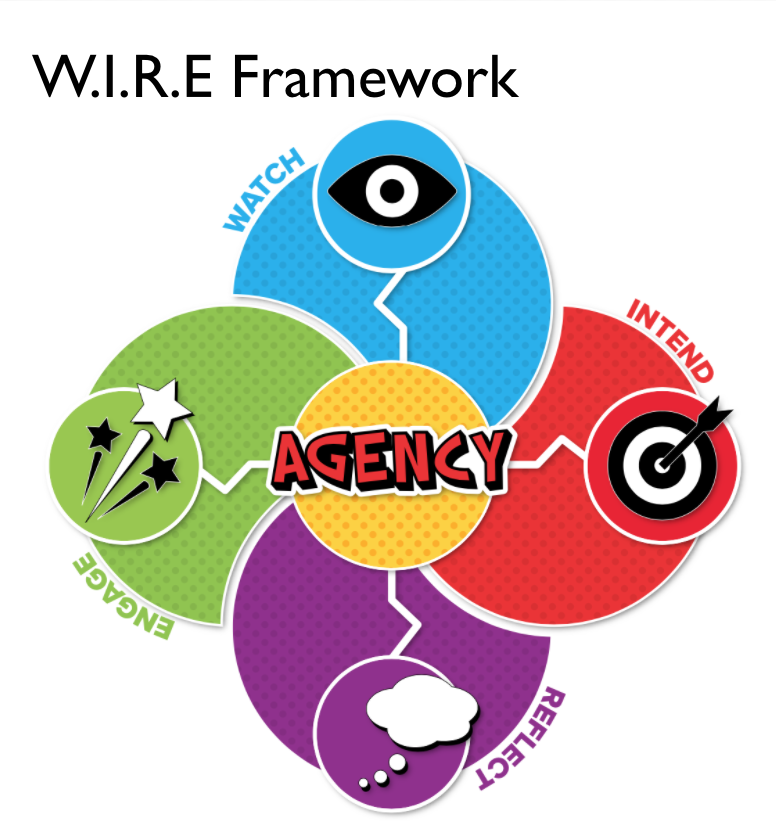The Struggle is Real… Important
“Quick. Simple. Fast.” was the attitude that was voiced during a planning session when it came time for providing classroom interventions for students. Lately the desire to provide that thing, that hurry and do this to fill that gap, or identify that one instructional approach that will move the data point up in the right direction fever… feels like a knee-jerk reaction to the cohort effect of COVID-19. Yes, we have to act and be efficient and there is certainly no time to waste during the school day. This is serious business. However, we cannot let our fears win out over their joy.
Learning how to grow into a reader and a writer is not a zero-sum game. We cannot afford to take away student agency to give more to a program driven model or restrictive prescribed curriculum goals that are being made in isolation. The truth is if we want to win intellectual freedom for our students; if we want to grow a robust literate society, we cannot think in a vacuum of skills that are divorced from authentic reading and writing. Kids learn from having experiences that are connected to their learning. They learn from making choices for themselves, that lead to the application for that targeted skill work. Learning in school has to be similar to how they learn in the real world. It has to hold some relevance to them, they have to want to learn how to read and write. If we don’t let them write their stories, and read the books they want to read then what in the world is the point? This is the truth, like it or not. Another hard truth is that teachers need to share some control and even give it up to their students during the school day if learning is going to have any real value to them.
There is something in the educational ether right now that is driving the decision making towards a skills based, controlled text approach to reading and writing. Let’s be clear, we believe in skill work, but… if students don’t have some agency over their educational day, all that effort is doomed from the start. Kids have to care about what they are learning. When they are only trying to learn to please us, they are missing out on how wonderful learning can be. When the decision has been made to accept and expect that kind of learning, we (as a profession) are being intellectually lazy. That will never be enough to close the Covid gap. Never Ever.
How do we know that compliant learning, driven by isolated skill work and controlled texts, is not the answer? How can we be so certain in the face of such high stakes? We are not being flippant, we care about our students more than anything. We know this because we are learners too. Last week, we wrote about that thrill of solving the Wordle. That thrill comes from the synapses firing in the brain, because a new neural pathway has been formed. All of that is remarkable and it all came from simply being learners who successfully used strategies to figure out the word. And, if we don’t – that’s ok, we come back tomorrow to try again. This experience would not have been fun if you were being told what to try or do during the game. And then to top it off maybe it didn’t even work! What about scaffolding? Learning how to read and write is harder than the Wordle. To that we say, yes, yes scaffold student learning! Just do it in a way that shares control with the student.
In other words, the first thing you need to teach them is how to advocate for themselves. Let them tell you what works for them. We have developed a special kind of conferring called, Conferring for Agency, How to Reveal Productive Struggle to Students:
If you believe that the first thing we need to teach our students is how to advocate for themselves as learners then try Conferring for Agency How to Reveal productive struggle for students. Click here for the blank anecdotal notes sheet.
The cure for dealing with the loss of educational experiences to students will not be a quick, simple, fast intervention. A school is not a pharmacy, with a secret remedy hidden behind that high counter. Instead, it will rest on the relationships and bonds teachers build with students.
- Teachers who believe in their students
- Teachers who listen to students.
- Teachers who help students to better know themselves.
The dedicated, informed, engaged classroom teacher is the cure. So use all of the resources your district will provide you; knowing, that you are the one who will teach students the most important lesson of all – that they have agency over their own learning. Be honest, tell them the truth sometimes learning is hard for us all, but you know they have everything they need to be successful, that you believe in them.
If is this post is meaningful to you, please let us know. Give us a like, or leave a comment if you want to continue the conversation.
